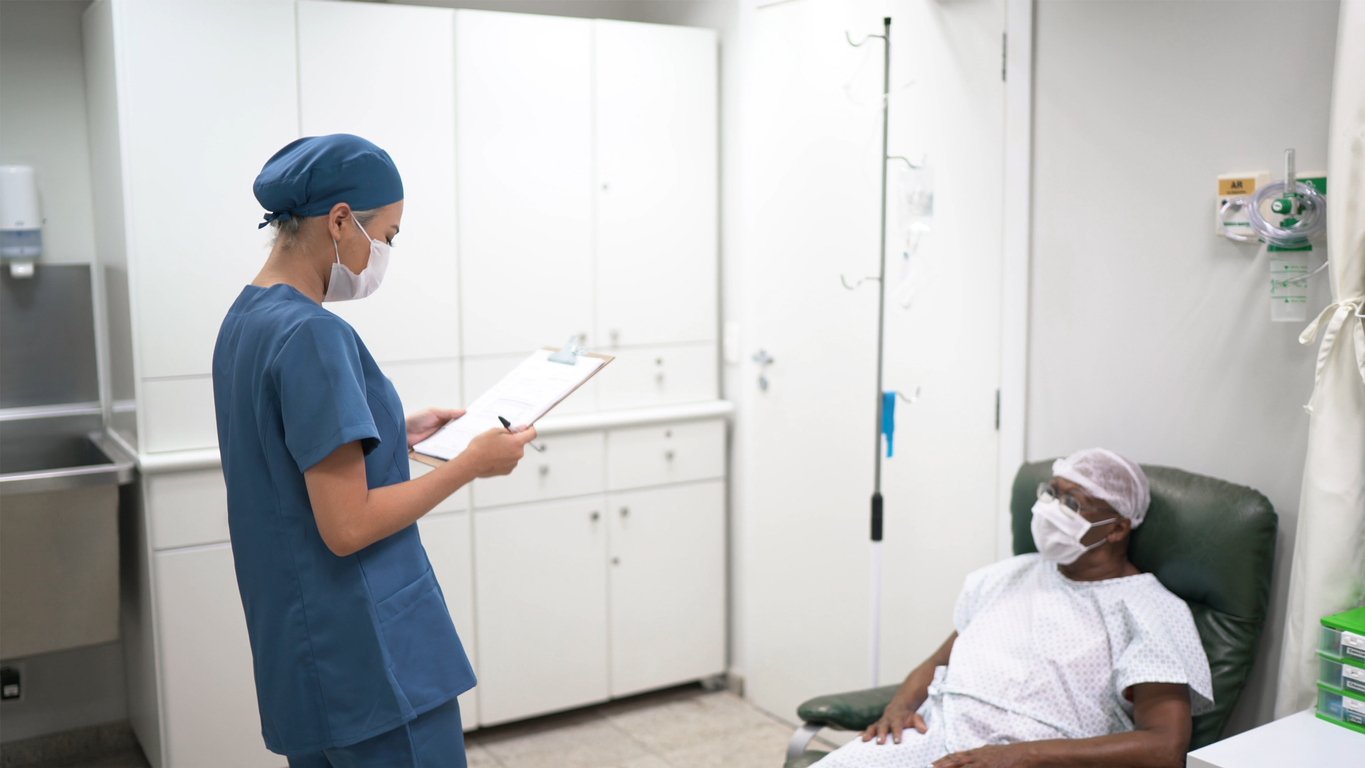The Hepatitis C Conference 2018, which was supported by Gilead, was held under the theme ‘Hidden Disease: The Future of Hepatitis C Treatment in Community and Primary Care’. The Irish College of General Practitioners (ICGP) convened a distinguished panel of national and international speakers to share their expertise and discuss treatment advances with a packed auditorium.
<h3><strong>‘Hidden diseases’</strong></h3>
The meeting was attended by Minister of State with Responsibility for Health Promotion and the National Drugs Strategy, Ms Catherine Byrne. She told the attendees that Ireland is seeing “the tip of the iceberg” in terms of treating “hidden diseases”. Ms Byrne also stressed the importance of treating hepatitis C in the community, based on the fact that “70 per cent of hep C sufferers acquire the virus by injecting drugs and often, these people do not engage with hospital services”.
The keynote address was delivered by Prof John Dillon, who spoke on the theme of ‘Models of HCV Screening and Treatment: An Evidence-Based International Perspective’.
Prof Dillon, who is Professor of Hepatology and Gastroenterology at Dundee University, UK, provided an outline of the screening model in Dundee, which involves a flexible and creative approach. “There is no ‘one-size-fits-all’ approach to this; you have to choose the screening model that’s right for your area,” he told the Conference.
“At every step in a care pathway, you lose people [from treatment],” he explained, “so the less steps there are, the less people you lose.” He provided an overview of the WHO target to make hepatitis C a disease of the past by the year 2030 and explained that there are currently only eight nations “who are even close to being on track for that, and the UK and Ireland are not among those nations”.
He also showed figures from his area in Tayside that emphasised the need for early treatment to reduce a wide range of mortalities that result from hepatitis C.
Prof Dillon gave an overview of statistics to show dramatic improvements in screening efficiency and treatment outcomes: “If we can do it in our area, with our geography and resources, anyone can do it,” he said. “It’s about detailing your plans and then addressing how you actually implement them,” he concluded.
The next section of the conference was dedicated to the theme of ‘Epidemiology, Screening and Treatment — The Irish Context’ and heard from Ms Michele Tait, Manager of the National Hepatitis C Treatment Programme. Ms Tait delivered a presentation on ‘Update on Plans for HCV Treatment in Ireland for 2018’, and explained that there has been difficulty in obtaining hard, accurate data on the prevalence of the condition.
Ms Tait outlined the National Hepatitis C Strategy, which was published in 2012, noting that the treatments available now were not available at that time. Ms Tait added that a set of clinical treatment guidelines have been produced and the hope is to integrate treatment in other facilities outside the hospital setting.
She also pointed out that data protection legislation presents difficulties in terms of collating data but efforts are ongoing to build a full, national disease registry. More than 2,000 people have been successfully treated since 2015, she added.
Pilot programmes are in operation and meetings are being held with prison services representatives to expand care in that setting, said Ms Tait.
<h3><strong>Point of care</strong></h3>
The meeting also heard from Dr Margaret Bourke, GP Co-Ordinator in Addiction, CHO7, who addressed the meeting on the subject of the ‘HCV Community Treatment Pilot’ and described her “new vision for HCV treatment, which would involve “community-based general practice, central service and prisons, all linking to provide HCV treatment at the point of care”.
Speaking about stigma, Dr Bourke explained that in her practice, the term ‘liver nurse’ is used, rather than the title ‘hepatitis nurse’, as this carries less stigma from the patients’ point of view.
She told the Conference: “The WHO recommends reducing the pool of infection by treating localised areas to contain infection. With this in mind, we are now investigating the level of PCR-positive patients in three Dublin 8 clinics with a view to treating them at the Castle Street pilot site, possibly in a joint venture with their addiction treatment clinic.”
The conference then heard from Prof Walter Cullen, Professor of Urban General Practice in University College Dublin, on the topic of ‘HCV Disease in Irish General Practice’. Prof Cullen noted that when GPs receive resources and support, there is a more than 2.5-fold increase in screening rates for HCV, as well as a significant increase in the numbers of patients referred to hospital for treatment. He also cited the current improved access to direct-acting antivirals and their advantages over older treatment regimens — but reiterated that stigma still exists around hepatitis C, which deters many patients from seeking treatment.
Dr Cullen also presented research to illustrate how a strong relationship between a patient and their healthcare provider improves treatment compliance and emphasised the importance of shared-care models in screening, prevention and treatment.
He explained that his team in UCD has been working with several hospitals in the Mater Hospital, Dublin, catchment area and a follow-up evaluation of 35 patients referred to hospital services is planned for spring 2018. “What we do know is that general practice has a major role to play in addressing hepatitis C,” said Prof Cullen, who also noted that nurse support is vital in ensuring that patients attend their appointments and comply with treatments.
“We need to resource primary care,” he said. “In the new GP contract, we need to include substance misuse in general as well as mental health and we need to find ways to support and incentivise GPs to systematically and routinely address these issues. These have been a ‘Cinderella aspect’ of general practice in the past.
“But we also need to resource secondary care and make sure that acute hospitals have more doctors, more nurses, more machines, more pharmacists and peer-support workers, all to support the patients who need assessments in those units.”
The meeting also heard from Dr Magdalena Harris, Associate Professor in the Sociology of Health at the London School of Hygiene and Tropical Medicine, UK, on the topic of ‘Peer Involvement in HCV Management: An International Perspective’. She stated: “As we have heard today, direct-acting antivirals can transform hepatitis C treatment access, primarily for the most marginalised groups, and there is an important role for primary care in that regard.”
She gave an overview of peer intervention programmes put in place in three drug treatment centres in the UK and also referred to the Australian model of care for those with HCV, whereby direct-acting antiviral therapy is fully reimbursable and there are no restrictions in terms of liver disease staging or substance misuse. This has resulted in the removal of many barriers to treatment for these marginalised groups in the community, she said.
The need for trust is heightened among very vulnerable patients, which is compounded by a “power imbalance” that occurs between the patient and doctor in a clinical setting. This is where peers can be instrumental, Dr Harris added.
She outlined a study comparing two models of peer involvement — a community-controlled model, and a service-generated model.
A broad conclusion was made that larger numbers of patients could be engaged by the service-generated model, but the community-based model was shown to create strong levels of trust between the peer and the patient.
<strong>HCV/UK/18-05/MA/1723</strong>
<strong>Date of preparation: May 2018</strong>












Leave a Reply
You must be logged in to post a comment.